Resilience (Forum for Philosophy)
Resilience
‘Resilience’ has become a buzzword, beloved of pop psychologists and workplace well-being programmes. But it also has an older history that includes the Stoics and Schopenhauer. So how do we foster resilience? Or should we foster it at all? Does a culture of resilience deny vulnerability and inequalities, or is it a practical way to cope […]


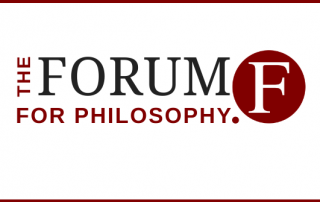
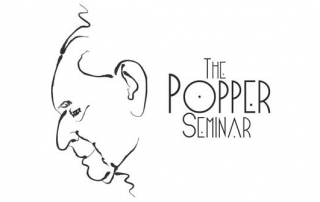
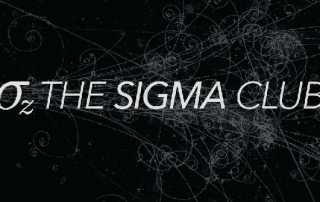
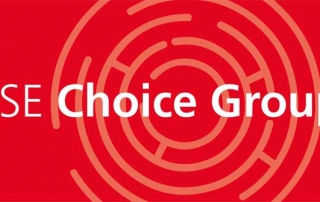

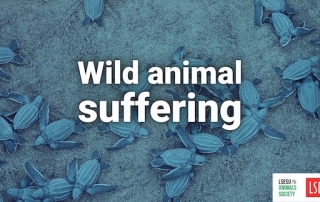
Connect with us
Facebook
Twitter
Youtube
Flickr